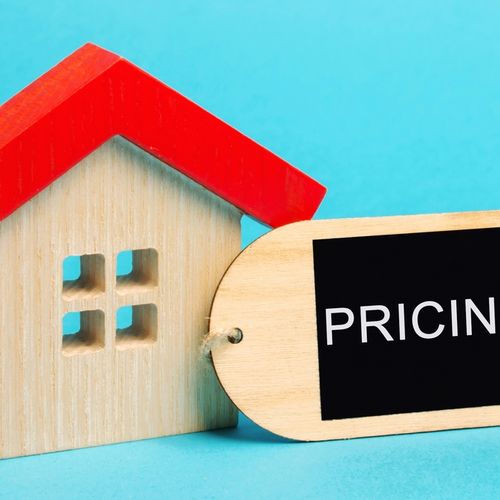Scheduling and Preparation:
Once you’ve decided to have a property inspected, the first step is to schedule an appointment with a qualified inspector. It’s important to choose an experienced and reputable professional who specializes in the type of property you’re inspecting. Before the inspection, gather any relevant documents, such as property records or previous inspection reports, to provide a comprehensive background for the inspector.
Exterior Inspection:
The inspector will start by examining the exterior of the property. This typically includes assessing the condition of the roof, gutters, siding, windows, and foundation. They will look for signs of damage, water intrusion, cracks, or other issues that may affect the structural integrity or energy efficiency of the building. The inspector may also inspect the landscaping, drainage systems, and any outdoor structures like decks or patios.
Interior Inspection:
Next, the inspector will move inside to examine the interior of the property. They will inspect each room, including bedrooms, bathrooms, living areas, and the kitchen. The inspector will check for proper functioning of electrical outlets, plumbing fixtures, HVAC systems, and appliances. They will also assess the condition of walls, ceilings, flooring, and any visible signs of water damage, mold, or pest infestations.
Systems and Components:
During the inspection, the inspector will pay close attention to the major systems and components of the property. This may include the electrical system, plumbing system, heating and cooling systems, water heater, and ventilation. They will test these systems for functionality, safety, and compliance with building codes. The inspector may use specialized tools such as moisture meters, thermal cameras, or gas detectors to identify hidden issues.
Report and Recommendations:
After completing the inspection, the inspector will provide a detailed report outlining their findings. This report will include a comprehensive assessment of the property, highlighting any identified issues, safety concerns, or recommended repairs or maintenance. It’s important to carefully review the report and ask the inspector any questions you may have to ensure a clear understanding of the property’s condition.
Property inspections are crucial for understanding the condition and value of a building. By knowing what to expect during an inspection, you can be better prepared to make informed decisions and address any potential issues. Remember to choose a qualified inspector, be present during the inspection if possible, and thoroughly review the inspection report. A thorough inspection can provide valuable insights and peace of mind when it comes to your property investment.


